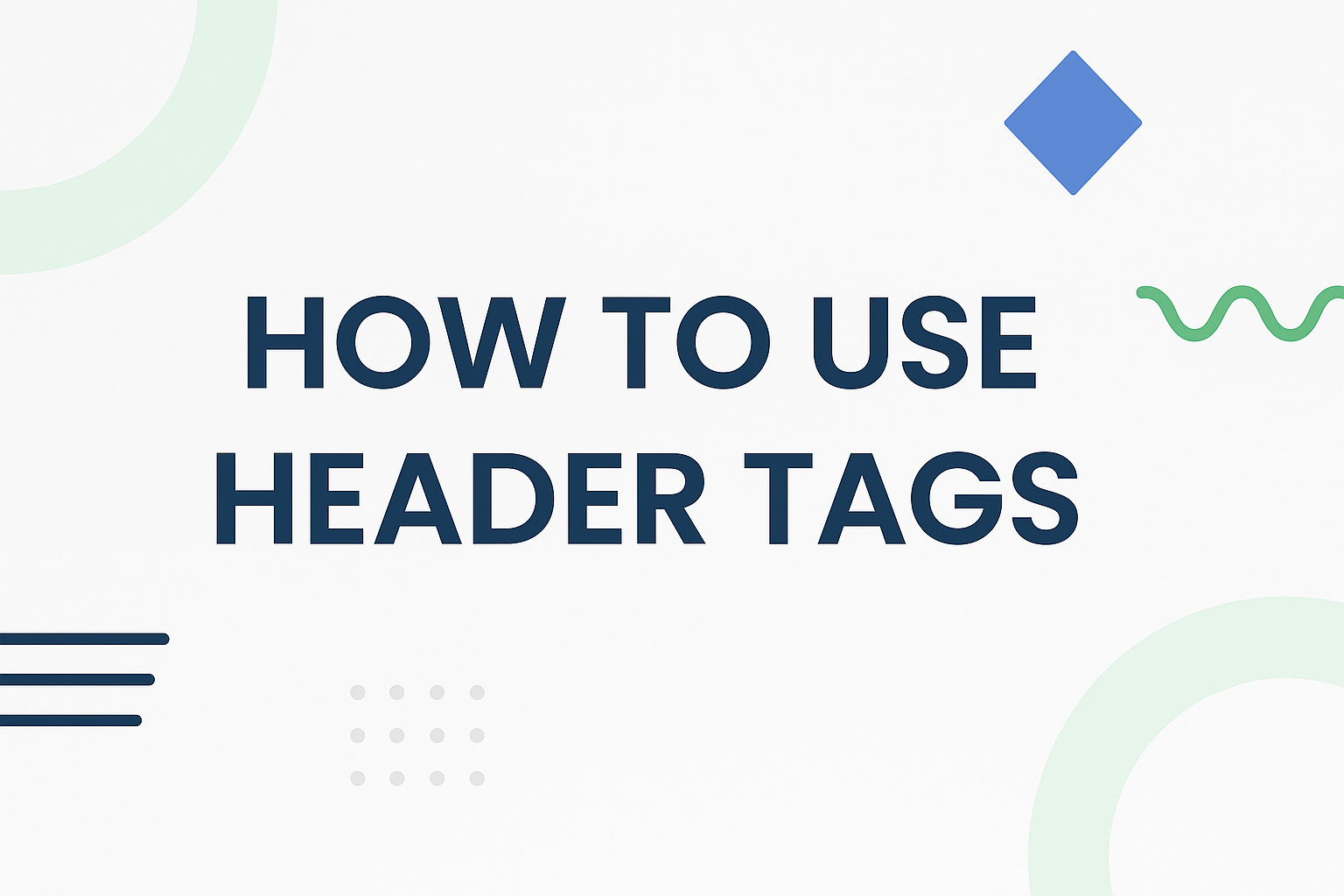While on-page SEO focuses on optimizing what’s within your control, off-page SEO is about everything that happens outside your website that influences your search rankings. It’s how search engines measure your site’s authority, reputation, and trustworthiness across the web.
Off-page SEO is more than just backlinks — it’s the entire ecosystem of signals that show your website is credible and valued by others. In the competitive world of search, mastering off-page optimization is what turns a good site into an industry authority.
What Is Off-Page SEO?
Off-page SEO refers to all external actions taken to improve your website’s position in search results. The most important of these is link building, but it also includes social signals, brand mentions, reviews, influencer collaborations, and overall online reputation.
Think of it this way:
- On-page SEO tells Google what your site is about.
- Off-page SEO tells Google why your site deserves to rank.
Why Off-Page SEO Matters
Search engines treat backlinks and external mentions as votes of confidence. When reputable websites link to your content, it signals that your site is valuable and trustworthy. This helps improve:
- Domain Authority (DA) and Page Authority (PA)
- Ranking positions for competitive keywords
- Referral traffic from other sites
- Brand visibility and credibility
In short, off-page SEO strengthens the reputation your on-page content has already built.
Core Elements of Off-Page SEO
1. Link Building
Backlinks remain the backbone of off-page SEO. However, not all links are equal — quality matters far more than quantity.
High-quality backlinks come from:
- Reputable, high-authority websites
- Contextually relevant pages
- Editorial placements (not paid or spammy links)
Effective link-building strategies include:
- Guest posting on industry blogs
- Earning links through shareable resources or research
- Digital PR campaigns that attract media coverage
- Building relationships with thought leaders and publishers
A diverse backlink profile signals natural growth and avoids penalties.
2. Brand Mentions (Linked and Unlinked)
Even when another website mentions your brand without linking, it can still strengthen your authority. Google recognizes consistent brand references across credible sources as trust signals.
Encourage mentions through interviews, collaborations, and community engagement.
3. Social Media Signals
While social media links don’t directly affect rankings, they amplify your content’s reach and engagement. When more people share, discuss, and interact with your brand online, your visibility — and potential for earning natural backlinks — increases.
Here are a few best practices that we recommend:
- Share every new post on your main social channels.
- Encourage readers to share your content.
- Engage actively with followers and industry peers.
Social buzz often precedes organic link growth.
4. Online Reviews and Reputation Management
For local and service-based businesses, online reviews are powerful off-page SEO assets.
Google values positive reviews on platforms like Google Business Profile, Yelp, and industry directories.
Tips:
- Ask satisfied customers to leave honest reviews.
- Respond professionally to all feedback.
- Avoid fake or paid reviews — authenticity matters.
Reputation directly affects how both users and search engines perceive your trustworthiness.
5. Content Marketing and Outreach
Creating valuable content off your own site builds authority across the web. Examples include:
- Publishing guest articles or expert opinions.
- Contributing to podcasts or webinars.
- Submitting research or infographics to niche platforms.
Every high-quality placement expands your brand footprint and drives natural links back to your domain.
6. Influencer and Thought Leader Collaborations
Partnering with influencers in your niche can accelerate brand exposure. Influencers often have loyal audiences and established credibility, so a single mention or feature can significantly boost visibility.
Ensure partnerships are authentic and relevant to your target market. Forced collaborations rarely yield lasting SEO benefits.
7. Local Citations (for Local SEO)
If your business targets a geographic area, off-page SEO includes maintaining consistent NAP data (Name, Address, Phone) across all listings — from Google Business Profile to local directories.
Inconsistent information can confuse search engines and reduce trust signals.
The Role of E-E-A-T in Off-Page SEO
Google’s guidelines emphasize Experience, Expertise, Authoritativeness, and Trustworthiness (E-E-A-T). Off-page factors play a major role in proving these qualities:
- Backlinks and mentions establish authority.
- Reviews and testimonials build trust.
- Public profiles, credentials, and media features reflect expertise.
Together, these elements create a strong, credible online reputation that helps your site rank and convert.
Off-Page SEO vs On-Page SEO
| Aspect | On-Page SEO | Off-Page SEO |
|---|---|---|
| Focus | Website content & structure | External signals & authority |
| Goal | Relevance & usability | Trust & credibility |
| Examples | Keywords, meta tags, speed | Backlinks, mentions, reviews |
| Control | Fully under your control | Influenced by external factors |
Both are essential — on-page sets the stage, off-page builds momentum.
Tools for Off-Page SEO
- Ahrefs / Semrush: Track backlinks, referring domains, and authority metrics.
- Moz Link Explorer: Monitor link quality and anchor text distribution.
- BuzzSumo: Find linkable content ideas and influencer outreach targets.
- Google Alerts: Monitor new brand mentions online.
Common Off-Page SEO Mistakes
- Buying links or participating in link schemes.
- Overusing exact-match anchor text.
- Ignoring toxic backlinks or failing to disavow harmful links.
- Neglecting brand consistency across external platforms.
- Focusing solely on links instead of building genuine relationships.
Ethical, long-term off-page strategies always outperform manipulative ones.
Final Thoughts
Off-page SEO is about earning trust rather than chasing shortcuts. Backlinks, mentions, and positive reviews all serve as votes of confidence that your website deserves to rank.
By investing in authentic relationships, shareable content, and a strong brand presence, you’ll not only build authority in Google’s eyes — you’ll build a lasting reputation across the web.








Leave a Reply